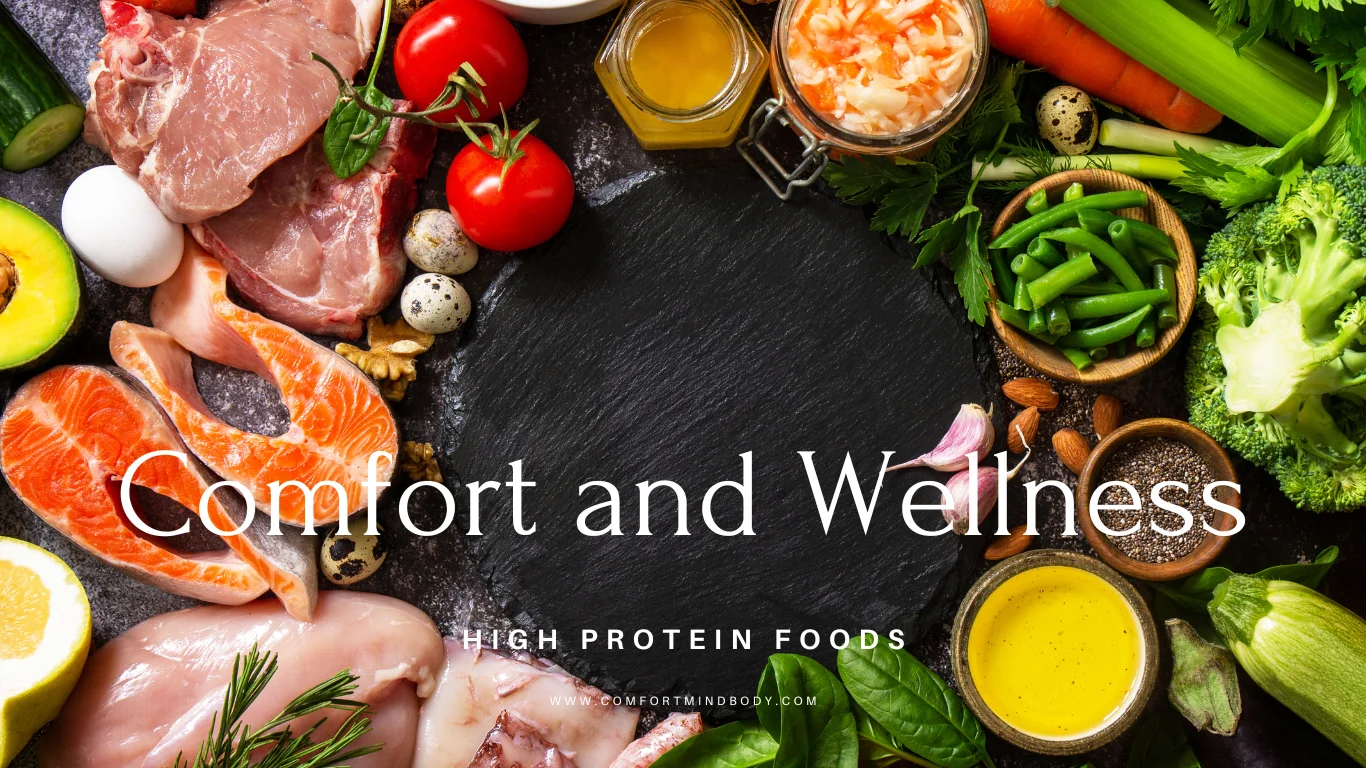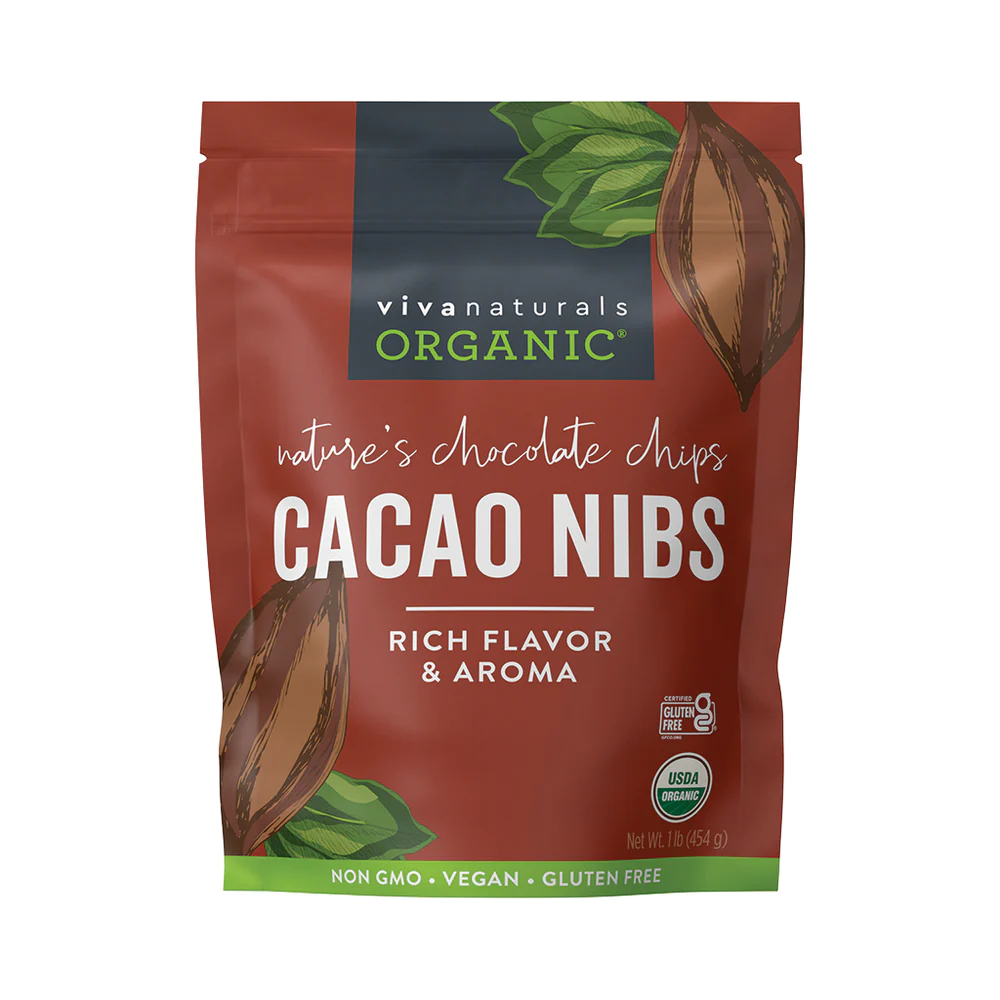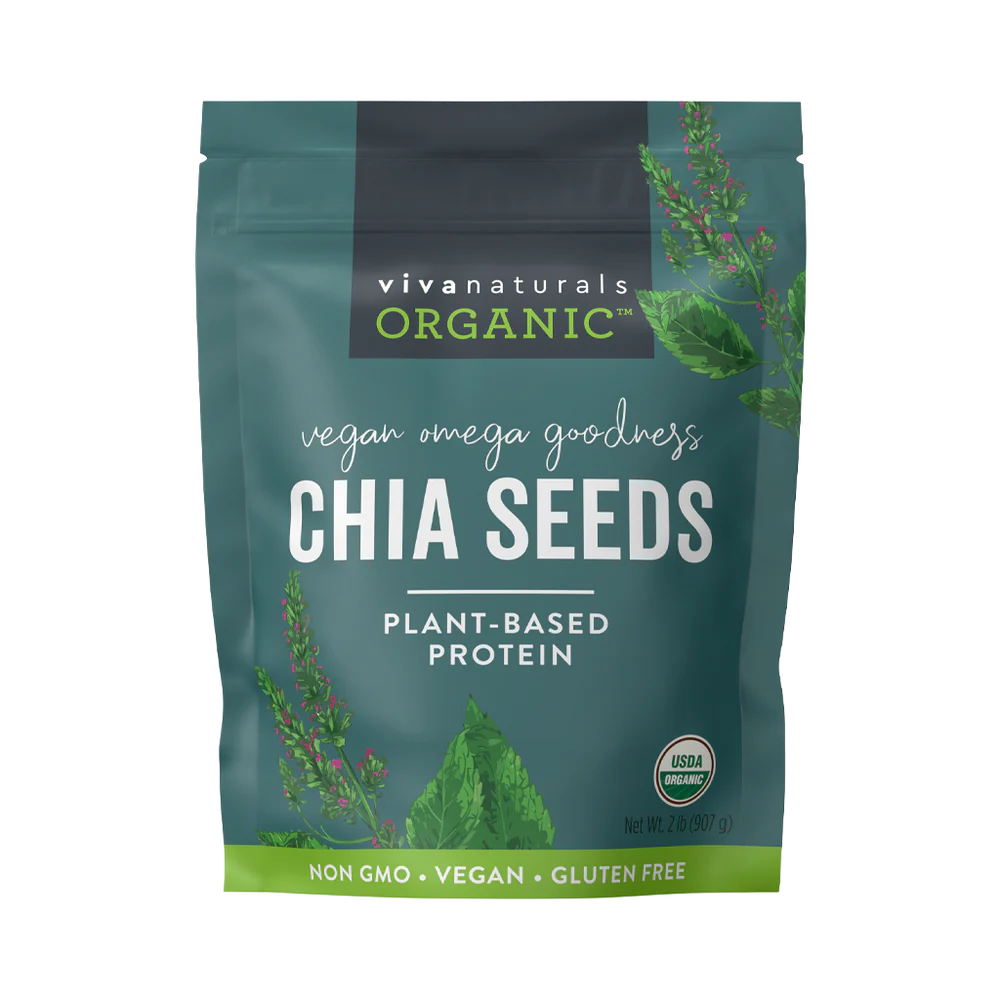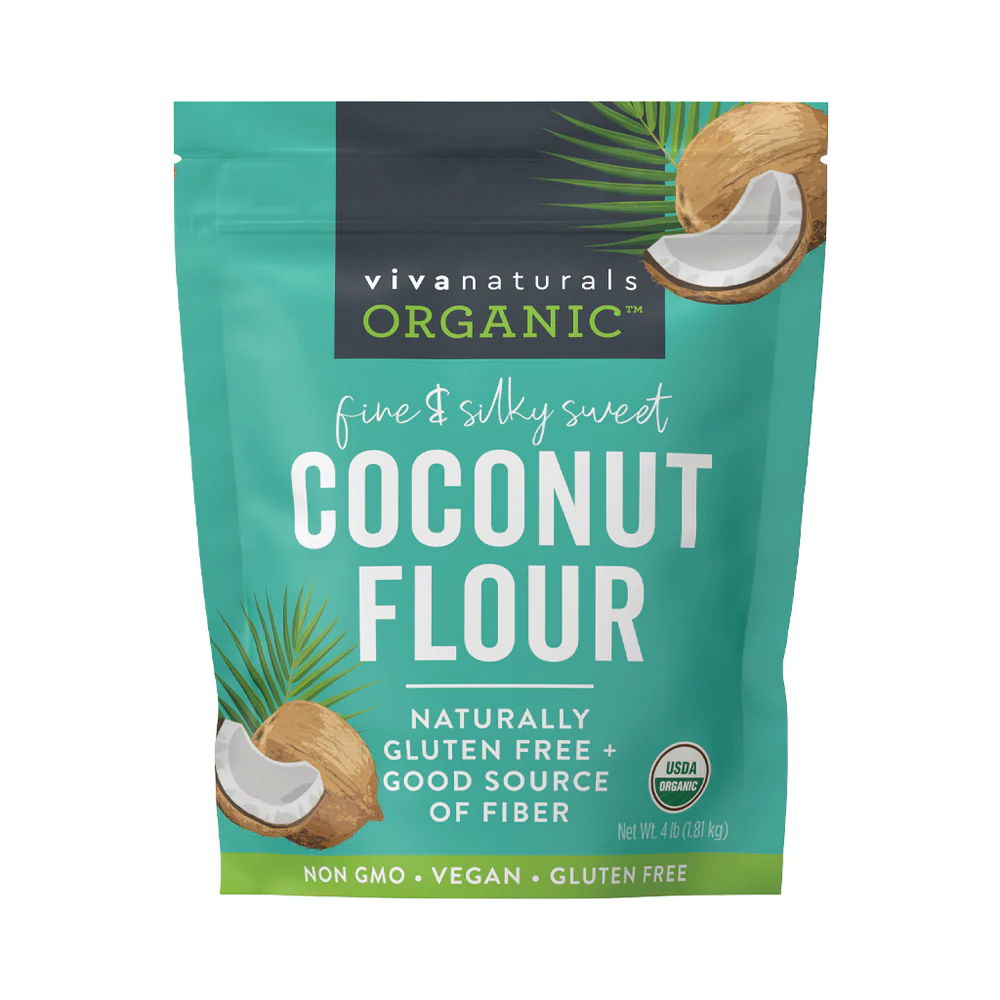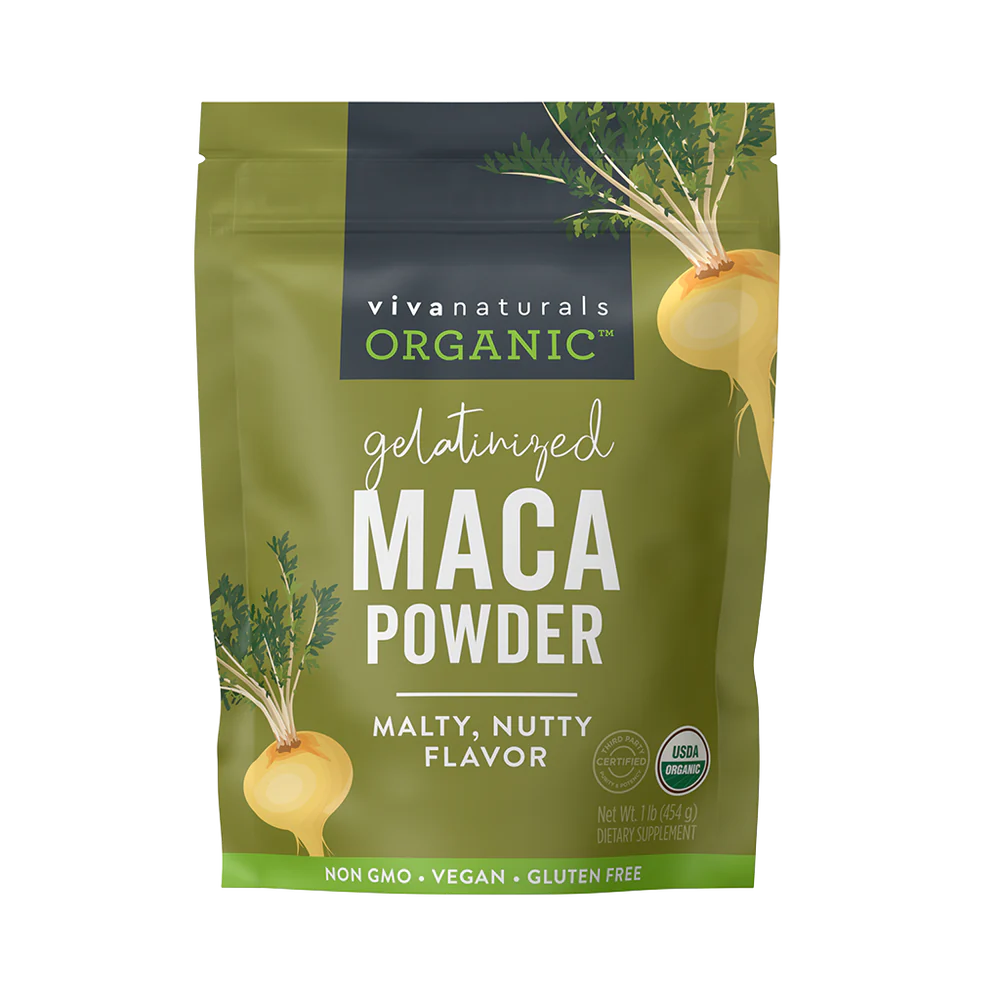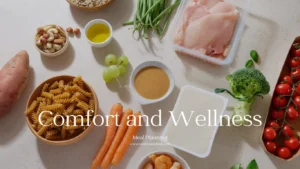High-Protein Foods for an Energized High-Protein Diet
High Protein Foods. High protein diets have gained popularity in recent years, with many people turning to these meal plans for weight loss, muscle building, and overall health improvement. The primary focus of a high-protein diet is to consume foods rich in protein while reducing the intake of carbohydrates and fats. This approach is believed to help individuals achieve their fitness goals, maintain healthy body weight, and optimize their overall health. This comprehensive guide will explore the science behind high-protein foods, the benefits of a high-protein diet, essential high-protein foods to incorporate into your meal plan, and tips for success on a high-protein diet.
The concept of a high-protein diet is not new, as it has been a fundamental aspect of human nutrition for centuries. Protein is one of the three primary macronutrients, along with carbohydrates and fats, that play a crucial role in maintaining proper bodily functions, growth, and repair. Foods with proteins are essential in any diet, as they provide the body with the necessary amino acids needed to create new proteins and maintain muscle mass.
A high-protein diet focuses on consuming a higher percentage of calories from protein compared to the average diet. This means that individuals following a high-protein diet may consume up to 30% of their daily calories from protein sources, compared to the 10-15% typically recommended. By doing so, proponents of high-protein diets believe that individuals can achieve a variety of health benefits, which will be explored in the following sections of this article.
Why You Need Protein
High Protein Foods
Protein is essential for various bodily functions, including muscle and tissue growth and repair, enzyme and hormone production, and energy production. The amount of protein needed varies based on weight, with the average adult requiring 0.8 grams of protein per kilogram of body weight per day. For example, a 140-pound person needs around 50 grams of protein daily. The National Academy of Medicine recommends that protein make up between 10% to 35% of daily calorie intake. Protein serves as a building block for various body parts, such as hair, nails, tissues, enzymes, hormones, muscles, cartilage, skin, and blood.
The science behind high protein foods
High Protein Foods
The science behind high-protein foods and their role in a high-protein diet focuses on the body’s metabolic processes and the impact of protein consumption on weight management, muscle growth, and overall health. When protein is consumed, it is broken down into amino acids, which are then used by the body for various functions, including building and repairing tissues and maintaining proper immune system function.
High-protein foods can help regulate appetite and promote satiety, leading to reduced calorie consumption and weight loss. This occurs because protein has a higher thermic effect than carbohydrates and fats, meaning that the body burns more calories digesting and metabolizing protein than other macronutrients. Additionally, protein helps to stabilize blood sugar levels, which can prevent spikes in appetite and cravings for unhealthy foods.
Another advantage of high-protein diets is their ability to promote muscle growth and maintenance. Consuming adequate amounts of protein is essential for muscle repair and growth, particularly for individuals engaging in regular physical activity. Studies have shown that consuming higher amounts of protein can help preserve lean body mass and promote fat loss, making high-protein diets ideal for weight loss and body composition improvement.
Benefits of a high-protein diet
High Protein Foods
There are several benefits associated with consuming a high-protein diet, which can be attributed to the increased intake of protein-rich foods. Some of the most notable benefits of a high-protein diet include:
Weight loss and improved body composition – As mentioned earlier, high-protein diets can help promote weight loss by increasing satiety and reducing calorie consumption. This can lead to a healthier body composition with a higher percentage of lean muscle mass and a lower percentage of body fat.
Increased muscle growth and strength – Consuming adequate amounts of protein is essential for muscle growth and repair, particularly for those who engage in regular physical activity. A high-protein diet can help support the development of new muscle tissue and improve overall muscular strength.
Improved metabolic health – High protein diets can help improve metabolic health by regulating blood sugar levels, reducing insulin resistance, and promoting a healthier lipid profile. This can lead to a reduced risk of developing chronic diseases such as type 2 diabetes and heart disease.
Enhanced immune function – Protein is essential for the proper functioning of the immune system, as it is involved in the production of antibodies and other immune cells. Consuming a high-protein diet can help support optimal immune function, protecting the body from illness and infection.
Improved bone health – Consuming adequate amounts of protein is important for maintaining strong and healthy bones. Research has shown that higher protein intake can help support bone density and reduce the risk of osteoporosis and fractures.
High-protein foods for weight gain and muscle building
High Protein Foods
For individuals looking to gain weight and build muscle, consuming high-protein foods is essential. Some of the best protein foods for weight gain and muscle building include:
Lean meats – Chicken, turkey, and lean cuts of beef and pork are excellent sources of protein and can help support muscle growth and weight gain.
Fish and seafood – Fish such as salmon, tuna, and shrimp are rich in protein and healthy fats, making them ideal for promoting muscle growth and overall health.
Eggs – Eggs are a complete protein source, containing all nine essential amino acids required for muscle building and weight gain.
Dairy products – Milk, yogurt, and cheese are high in protein and can help support muscle growth and weight gain when consumed in moderation.
Plant-based protein sources – Foods such as tofu, tempeh, legumes, and quinoa can provide significant amounts of protein for those following a vegetarian or vegan diet.
High protein diet for weight loss and fat burning
High Protein Foods
A high-protein diet for weight loss focuses on consuming foods with lots of protein while reducing calorie intake from carbohydrates and fats. Some of the best high-protein diet foods for weight loss include:
Lean meats – Opt for skinless poultry, lean cuts of beef or pork, and ground meat with a low-fat percentage to promote weight loss and improve body composition.
Fish and seafood – Consuming fish and seafood can help support weight loss due to their high protein and low-fat content.
Eggs – Eggs are a nutrient-dense, high-protein food that can help promote weight loss when consumed as part of a balanced diet.
Low-fat dairy products – Choose low-fat or fat-free dairy options such as Greek yogurt, cottage cheese, and skim milk to support weight loss and increase protein intake.
Plant-based protein sources – Incorporate protein-rich plant-based foods such as lentils, chickpeas, and edamame into your weight loss protein diet to boost protein intake and promote weight loss.
Essential high-protein foods to incorporate into your meal plan
High Protein Foods
When creating a high-protein meal plan, it is important to include a variety of healthy protein food sources to ensure adequate nutrient intake and promote overall health. Some essential high-protein foods to incorporate into your meal plan include:
Lean meats – Include a variety of lean meats such as chicken, turkey, and lean cuts of beef and pork to provide a range of nutrients and amino acids.
Fish and seafood – Aim to consume fish and seafood at least twice a week to benefit from the high protein content and essential omega-3 fatty acids.
Eggs – Incorporate eggs into your meal plan as a versatile and nutrient-dense protein source.
Dairy products – Include dairy products such as milk, yogurt, and cheese in moderation to ensure adequate calcium and protein intake.
Plant-based protein sources – Incorporate a variety of plant-based protein sources such as legumes, nuts, seeds, and whole grains to provide a range of nutrients and support overall health.
Vegetables – While not as high in protein as other food groups, vegetables can still contribute significant amounts of protein to your diet. Include a variety of vegetables such as broccoli, spinach, and kale in your meal plan to boost protein intake and benefit from the many vitamins, minerals, and antioxidants they provide.
Creating a balanced high-protein meal plan
High Protein Foods
A balanced high-protein meal plan should include a variety of high-protein diet foods from different food groups, ensuring adequate nutrient intake and promoting overall health. When creating a high-protein meal plan, consider the following tips:
Include protein at every meal – Aim to include a source of protein at each meal to ensure adequate protein intake throughout the day.
Choose lean protein sources – Opt for lean protein sources such as skinless poultry, lean cuts of meat, and low-fat dairy products to limit saturated fat intake and support healthy body composition.
Incorporate plant-based protein sources – Include a variety of plant-based protein sources in your meal plan to provide essential nutrients and promote overall health.
Include a variety of high-protein foods – Incorporate a range of high-protein diet foods in your meal plan to ensure adequate nutrient intake and prevent boredom with your diet.
Balance protein with other macronutrients – While consuming a high-protein diet, it is important to also include adequate amounts of carbohydrates and fats to provide energy and support overall health.
Risks and concerns of eating too much protein
While consuming a high-protein diet can offer many health benefits, there are some risks and concerns associated with eating too much protein. Some potential issues include:
Kidney function – Consuming excessive amounts of protein can place additional strain on the kidneys, which may be a concern for those with existing kidney issues.
Bone health – Some research suggests that excessively high protein intake can lead to an increased risk of osteoporosis and fractures due to increased calcium excretion.
Nutrient deficiencies – Focusing too heavily on high-protein foods may result in inadequate intake of other essential nutrients, such as fiber, vitamins, and minerals.
Digestive issues – Consuming a high-protein diet low in fiber can lead to digestive issues such as constipation and bloating.
To minimize the risks associated with eating too much protein, it is important to consume a balanced diet that includes a variety of high-protein diet foods and other nutrient-dense foods.
High protein diet menu and recipe ideas
High Protein Foods
Creating a high protein diet menu can be simple and enjoyable with a variety of delicious and nutritious high-protein foods. Some recipe ideas for a high-protein diet include:
Breakfast – Greek yogurt with fruit and nuts, vegetable omelets, or protein-packed smoothies made with spinach, berries, and a scoop of protein powder.
Lunch – Grilled chicken or fish salads, quinoa and black bean bowls, or a turkey and avocado wrap on a whole-grain tortilla.
Dinner – Baked salmon with roasted veggies, lean beef stir-fry with brown rice, or a tofu and vegetable curry served over cauliflower rice.
Snacks – Cottage cheese with fruit, hummus and veggie sticks, or a handful of mixed nuts and seeds.
Tips for success on a high-protein diet
To maximize the benefits of a high-protein diet and ensure success, consider the following tips:
Set realistic goals – Establish achievable and sustainable goals for weight loss, muscle building, or overall health improvement.
Plan your meals – Create a meal plan and grocery list that includes a variety of high-protein diet foods to ensure adequate nutrient intake and prevent boredom with your diet.
Track your progress – Monitor your progress by regularly tracking your weight, body composition, and other health markers.
Stay consistent – Stick to your high-protein meal plan and exercise routine for the best results.
Listen to your body – Pay attention to your body’s signals and adjust your protein intake and overall diet as needed to support your individual needs and goals.
The Top 5 High Protein Foods for Vegetarians and Vegans
High Protein Foods
Tofu
Tofu is a popular plant-based protein source that is versatile and can be used in a variety of dishes. Made from soybeans, tofu is low in calories and high in protein, with around 10 grams of protein per 100 grams of tofu. It’s also a good source of iron, calcium, and other essential nutrients. Tofu can be grilled, baked, stir-fried, or blended into smoothies for a protein boost. Try marinating it in your favorite sauce or seasoning for added flavor.
Lentil
Lentils are a great source of plant-based protein, with around 18 grams of protein per cup of cooked lentils. They are also high in fiber, iron, and other essential nutrients. Lentils can be used in a variety of dishes, from soups and stews to salads and veggie burgers. They come in different colors, including green, brown, and red, and can be cooked in a variety of ways, including boiling, simmering, or pressure cooking. Try adding lentils to your next meal for a protein-packed vegetarian option.
Chickpeas
Chickpeas, also known as garbanzo beans, are a versatile and delicious plant-based protein option. With around 15 grams of protein per cup of cooked chickpeas, they are a great addition to salads, soups, and curries. They can also be roasted for a crunchy snack or mashed into a tasty hummus dip. Chickpeas are also high in fiber, iron, and other essential nutrients, making them a healthy choice for any vegetarian or vegan diet.
Quinoa
Quinoa is a complete protein, meaning it contains all nine essential amino acids that our bodies cannot produce on their own. With around 8 grams of protein per cooked cup, quinoa is a great option for vegetarians and vegans looking to increase their protein intake. It’s also a versatile ingredient that can be used in salads, stir-fries, and even as a substitute for rice in dishes like sushi. Quinoa is also high in fiber, iron, and magnesium, making it a nutritious addition to any meal.
Edamame
Edamame, or boiled soybeans, is a great source of protein for vegetarians and vegans. With around 18 grams of protein per cooked cup, edamame is a filling and nutritious snack or addition to meals. It’s also high in fiber, iron, and calcium. Edamame can be enjoyed on its own as a snack, added to salads, or used as a protein source in stir-fries and other dishes.
Conclusion
High Protein Foods
A high-protein diet is known to provide a multitude of benefits that can significantly improve your overall health and well-being. One of the most well-known advantages is its effectiveness for weight loss. Protein is highly satiating, meaning it helps you feel fuller for longer periods of time, reducing the likelihood of overeating and snacking on unhealthy foods. By incorporating a variety of high-protein foods into your meal plan, such as lean meats, fish, eggs, dairy products, legumes, and nuts, you can create a well-rounded and satisfying diet that supports your weight loss efforts.
Furthermore, a high-protein diet plays a crucial role in muscle building and repair. Proteins are the building blocks of muscles and provide essential amino acids necessary for muscle growth. When combined with regular resistance exercise, a high-protein diet can promote the development of lean muscle mass and enhance strength. This is particularly beneficial for individuals engaging in intense physical activities, such as athletes and bodybuilders, as it aids in their performance and recovery.
Aside from weight loss and muscle building, a high-protein diet also offers several other health improvements. Protein is involved in numerous bodily functions, including hormone production, enzyme synthesis, and immune system support. Consuming adequate amounts of protein ensures these vital processes are functioning optimally. Additionally, protein-rich foods often contain important nutrients, such as vitamins, minerals, and antioxidants, which contribute to overall health and disease prevention.
It is important to note that while a high-protein diet can be beneficial, it should be approached with balance and moderation. It is recommended to consult with a healthcare professional or registered dietitian to determine the ideal protein intake for your specific needs and goals. They can help you develop a personalized meal plan that ensures you meet your protein requirements while also maintaining a well-rounded and nutritionally adequate diet.
By incorporating a range of high-protein foods into your meal plan and following a balanced approach to nutrition, you can unlock the power of high-protein food and achieve your health and fitness goals. Whether you’re looking to lose weight, build muscle, or simply improve your overall well-being, a high-protein diet can be a valuable tool in your journey towards a healthier lifestyle.
Affiliate Disclosure:
The links contained in this product review may result in a small commission. This goes towards supporting our research and editorial team and please know we only recommend high-quality products.
Note: This article is for informational purposes only and is not intended to diagnose, treat, or cure any disease. Always consult a healthcare professional before taking any supplement or making any changes to your diet or lifestyle.
